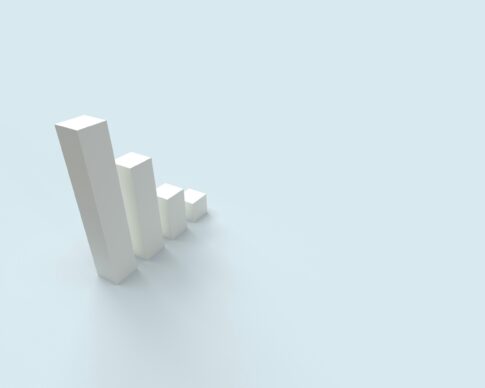Today, I will explain the following website. (AI-generated)
〔NY外為〕円急伸、152円台後半=日銀利上げ検討の報など受け(30日)(時事通信) – Yahoo!ニュース
Contents
Understanding the Sudden Surge in the Yen
The recent sharp appreciation of the Japanese yen in the foreign exchange market has caught many traders off guard. On the 30th of July, the yen witnessed a significant rise, hitting the mid-152 yen range against the US dollar. This movement was primarily influenced by speculation around the Bank of Japan (BoJ) considering an additional interest rate hike, which would potentially narrow the interest rate differential between Japan and the United States.
What Triggered the Yen’s Rapid Appreciation?
The yen’s rapid appreciation was triggered by a combination of factors. Market speculation about the BoJ’s potential interest rate increase played a significant role. Additionally, statements from Junzō Yamamoto, the Japanese Finance Ministry official, regarding the possibility of currency intervention within the framework of international agreements, added to the yen’s strength. These factors, coupled with a surge in yen buying and dollar selling, led to a notable appreciation of the yen.
How the Bank of Japan’s Interest Rate Speculation Affects the Market
Speculation about the BoJ’s interest rate decisions can have a profound impact on the forex market. Interest rates are a crucial factor in currency valuation, as higher rates tend to attract foreign investment, leading to an appreciation of the currency. When traders anticipate a potential rate hike, they may start buying the yen in expectation of future gains, thereby driving up its value.
The Role of the Finance Ministry’s Statements in Currency Valuation
The Finance Ministry’s stance on currency intervention can also influence market sentiment. By not ruling out intervention, the Ministry creates uncertainty that can lead to increased volatility in the currency markets. Traders must consider these statements carefully, as they can signal potential government actions to stabilize or influence the yen’s value.
Implications for Forex Traders
Strategies for Trading in Volatile Currency Markets
Forex traders must navigate volatile markets with strategic planning and risk management. In times of unexpected currency movements, traders might consider using stop-loss orders to protect their investments or take advantage of the volatility through short-term trading strategies that capitalize on rapid price changes.
Understanding the Impact of US Economic Indicators on Forex
US economic indicators, such as the Consumer Confidence Index and the Job Openings and Labor Turnover Survey (JOLTS), can provide insights into the economic health of the US and, by extension, impact currency valuations. While the recent data exceeded market expectations, the response was limited, highlighting the complexity of factors influencing forex trading.
Future Outlook for the USD/JPY Exchange Rate
Analysing the Potential Shifts in Japan-US Interest Rate Differentials
As traders, it’s essential to analyze how the interest rate differentials between Japan and the US may shift in the future. A narrowing differential could lead to a stronger yen, while an expanding differential might result in a weaker yen against the dollar.
Expert Insights: What Forex Traders Should Watch Out For
Forex traders should keep a close eye on policy decisions by the BoJ and the US Federal Reserve, as well as geopolitical events and economic data releases. These can all provide valuable clues about the future direction of the USD/JPY exchange rate.
How Global Economic Trends May Influence the Yen in the Coming Months
Global economic trends, including trade relations, commodity prices, and international political stability, can significantly influence the yen’s valuation. As the global economy continues to evolve, staying informed about these trends will be crucial for forex traders looking to predict the yen’s movements.













